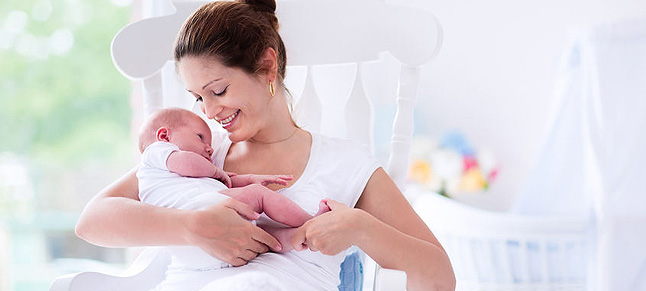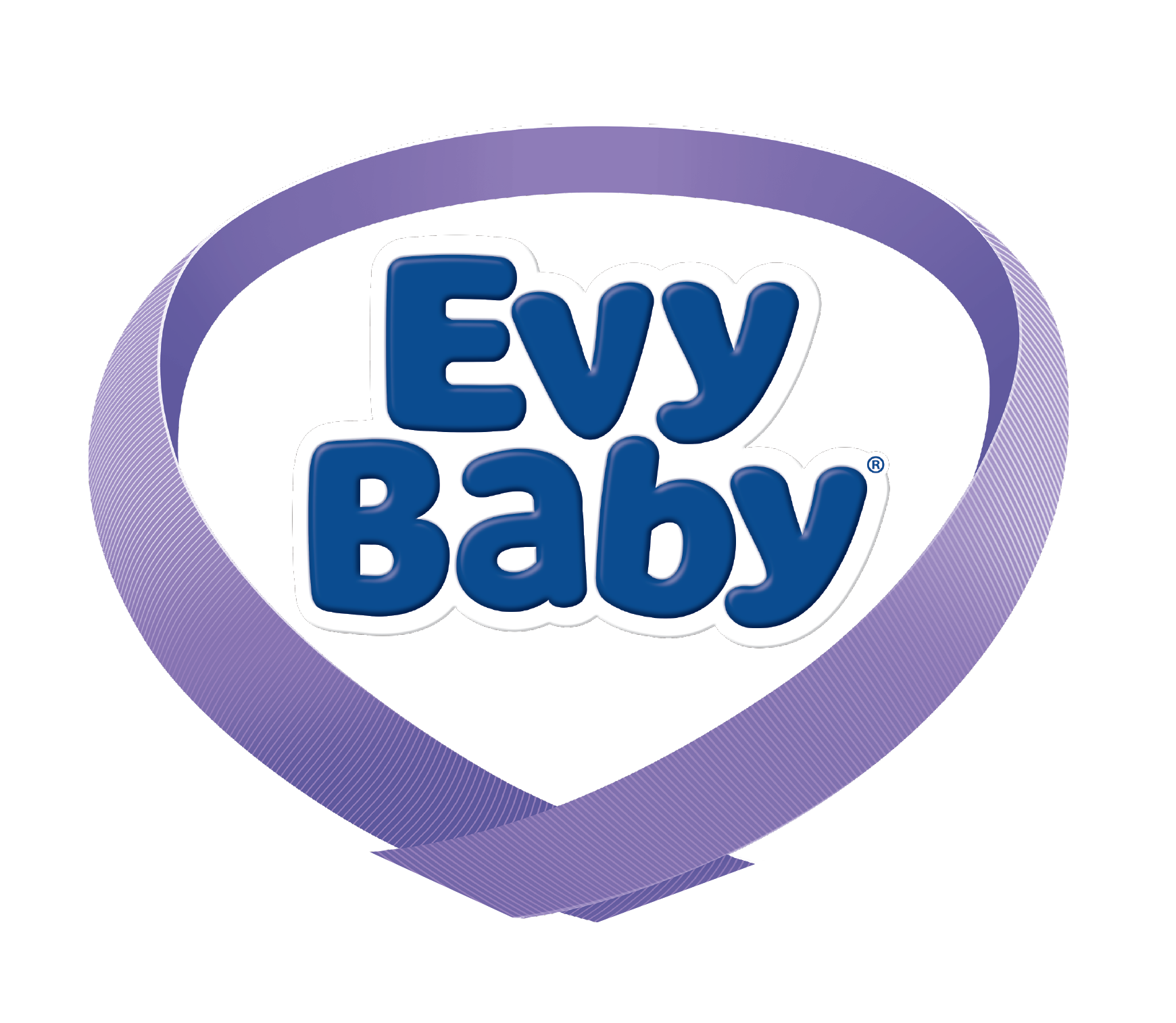
You will personally experience miraculous times right from the first moment you take a step in your house with your newborn. Hormonal balance of your body, which has recently changed after giving birth to your baby, may sometimes give you a hard time. Intense mood swings, ups and downs, fears, and worries are absolutely normal.
Your maternal instincts will guide you in the right direction. For this to happen, however, it is crucially important to focus on understanding your baby and yourself.
In this week’s edition of Mom’s Land, we would like to give you some brief information which we believe might help you in caring for your newborn:
- The most valuable nutrient for your newborn to be fed healthily and sufficiently is mother’s milk. Particularly, the first stream of breast milk produced a few hours after childbirth contains “colostrum”. This substance will turn the color of your milk to dark yellow. In order to benefit from this milk, which is highly beneficial for your baby’s immune system, you should breastfeed your baby a few hours after giving birth, if possible.
- Your baby will get hungry every 2 to 3 hours on average. The duration of breastfeeding will be 15 to 20 minutes, and for the babies who usually want to be breastfed shortly but frequently, the moment of breastfeeding is an extremely precious time during which the emotional connection and sense of confidence are formed.
- If possible, try to make your baby nurse at both of your breasts in turn. Do not forget to wind your newborn while switching breasts.
- It is important that your baby has clean diapers before breastfeeding. You can change the diaper 15 minutes after breastfeeding because your baby will have finished digesting only by that time.
- Sitting in a comfortable place during breastfeeding will make the time spent nursing both enjoyable and easy for you and your baby.
- The color of your baby’s feces may be very dark in the first few days due to colostrum in which case you should not worry as it will turn green followed by yellow in about 1 week.
- You may need to change the diaper of your newborn 7 to 8 times a day. Some babies defecate after each breastfeeding session while others may defecate once or twice a day. To keep clean, a baby needs its diaper changed ever 3 to 4 hours a day. While cleaning the bottom of your new born, you should use non-alcohol wipers or cotton wetted using warm water. You should wipe the bottom of your female newborn from front to back and vice versa if your baby is a boy. It is good to keep the baby naked from waist down before re-diapering while cleaning its bottom in order to prevent diaper rashes.
- Your baby’s skin will be coated with a white protective substance called vernix. Instead of bathing, you can keep your newborn clean by gently wiping every day until the umbilical cord drops off. After it drops off, you can bath your baby every day if the conditions are favorable.
- You can hold your baby face down on its chest or belly. If you are going to hold it face up, you should definitely support its head with your hand. It is important to rinse and dry your baby thoroughly. The optimum water temperature should be 36.5 – 37°C while the optimum room temperature is 24-26°C.
You can check whether your baby is cold or not from its chest or back. Swaddling your baby may make breathing difficult and it may further affect the development of the hip joint negatively.

